[Fonte: Science News for Students] These resilient plants can use nanoparticles to build their own defences against radiation and more
This is one in a series presenting news on technology and innovation, made possible with generous support from the Lemelson Foundation.
Plants typically endure long, blazing-hot days to produce the fruits and vegetables that growers desire. The incoming sun’s ultraviolet (UV) rays can be intense — enough to damage some crops. Such plants might benefit from a built-in sunscreen. Now a team of scientists in Australia has stepped in to lend a helping hand.
A family of nanoparticles known as metal-organic frameworks, or MOFs, can absorb harmful UV radiation. Joseph Richardson is a nano-engineer. He works in Melbourne at the Australian Research Council Centre of Excellence in Bio-Nano Science and Technology. Some MOFs, he knew, can turn UV rays into other wavelengths — ones that plants could use for photosynthesis. That’s the process by which plants produce food from light.
In theory, he could “feed” MOFs to the plants. The problem is, MOFs are too big for plant roots to take up. And cutting open the plants to load them with nanoparticles would damage their stems. So that was not an option.

Here a lilyturf plant cutting has been coated with a MOF-coating (luminescent green; top image). That coating protected the plant from harsh UV rays (bottom image), which left an unprotected plant wilted and discolored (arrows).J. Richardson
Instead, he’s leading a research team working to make plants take up the building blocks of MOFs. Their goal: to help plants make their own MOFs. If those MOFs can capture the tissue-damaging UV rays, they might help crops survive tougher climates, both on Earth and in space.
It all began when Richardson realized the building blocks used to make MOFs are really small. They are so small that plant roots could slurp them up. His brainstorm: figure out a way to make these building blocks come together inside the plant and grow, on-site, into complete MOFs.
With that in mind, his team dissolved the starting materials — metal atoms and special carbon compounds — in water. They then placed plant cuttings into this solution.
“To our amazement, these simple materials were taken up by the plant, and grew into full-formed MOFs,” Richardson reports.
The scientists engineered these MOFs to fluoresce. They emit an intense green light when irradiated with UV light. This helped confirm the plants built the MOFs on-board. Under UV light, the entire plant fluoresced. Says Richardson, this showed that “MOFs formed in the roots, stems, leaves and other parts of plant.”
High-tech plants for tough conditions
The bigger question was whether this innovative way to seed the plant with MOFs would work as a sunscreen. To test that, they covered clippings of two plant species with MOFs. They then exposed the plants to UV light for three hours. Compared to uncoated clippings, the treated plants wilted less. Wilting is one indicator of plant damage, such as water loss due to the sun’s heat.
The new findings might boost the prospect of being able to grow food crops in space, Richardson says. (That would likely be necessary for long-term human missions.) The sun’s UV rays bombard the surface of Mars, for instance. But Mars lacks Earth’s thick, protective atmosphere to filter out dangerous amounts of that UV. So any plants there would likely shrivel and die.
MOF-carrying plants, however, should be able to withstand the UV onslaught. In fact, they should be able to use the MOFs’ altering of light wavelengths — both to make more food and for the plants’ protection.
Richardson and his team now plan to study the effects of MOFs on plant growth. “So far we haven’t seen any damage to the plants. But all of our experiments were pretty short term,” he admits. “Now we’re looking at [possible] long-term damage — although we think it’s unlikely.”
Another big question relates to the safety of eating MOF-enriched plants. “MOFs can be toxic to humans, depending on what metal they are built around,” says Richardson. “But the ones we used have proven to be non-toxic to human cells, yeast and bacteria in lab tests.” Richardson also highlighted the fact that many labs around the world are looking to MOFs as a means for drug delivery in humans.
C. Michael McGuirk is more concerned about the long-term durability of MOFs. He’s a materials chemist at the Colorado School of Mines, in Golden. “Many MOFs break down over time and lose their unique structure and properties,” he explains, “especially in water.” Because water is vital for plant growth, MOF breakdown could pose a risk for crop production.
Even so, Richardson hopes MOF-embedded plants will one day help to feed people in hostile outposts, including space. “The plants that we are trying to create — plants that can withstand severe, high-UV environments — are certainly promising,” he says.
Richardson presented his team’s work at a meeting in April of the American Chemical Society in Orlando, Fla.
This animation shows how researchers in Australia got plants to become chemical sleuths and withstand severe weather conditions. The trick: Get ordinary plants to take up the building materials needed to make special crystals, known as MOFs. Like a sponge, MOFs can absorb and later release select chemicals. Some may serve as chemical sensors. Others may work as coatings to protect plants from harmful radiation.
American Chemical Society (ACS)
Citation
MEETING: J. Richardson and L. Kang. Nano-bionics: Assembly of functional metal-organic nanomaterials inside plants. Abstract # 732. Presentation at the American Chemical Society (ACS) Spring National Meeting & Exposition, April 3, 2019, Orlando, Fla.

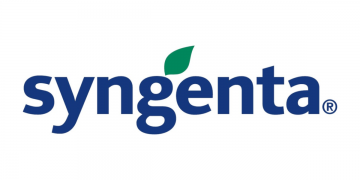

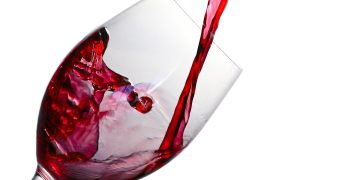


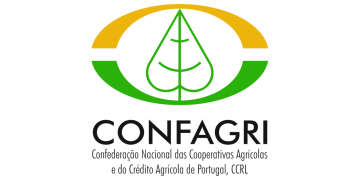

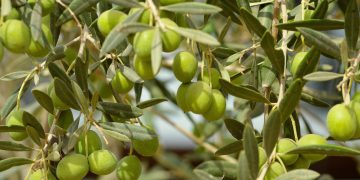
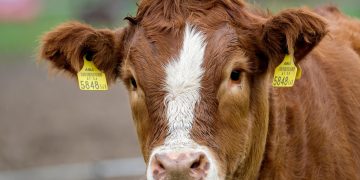














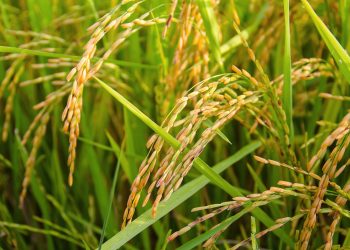

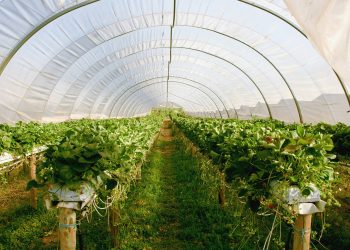




























Discussão sobre este post